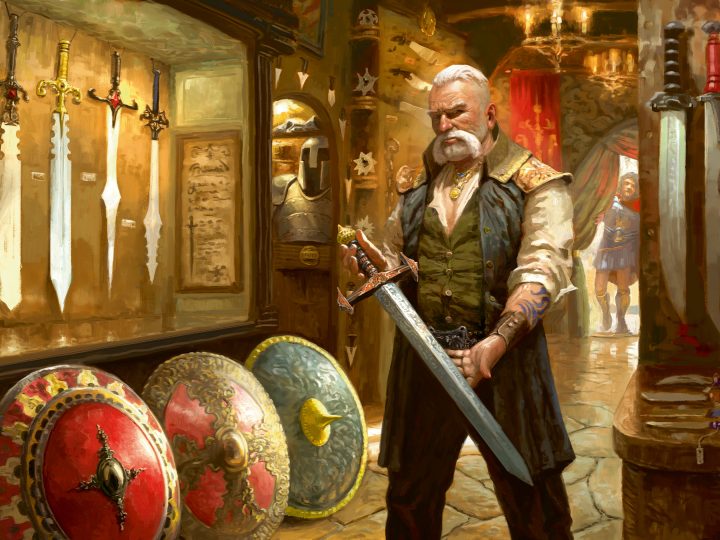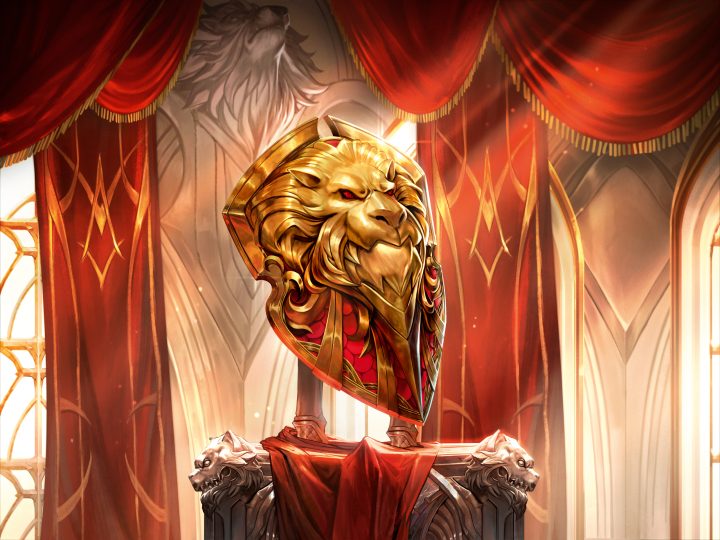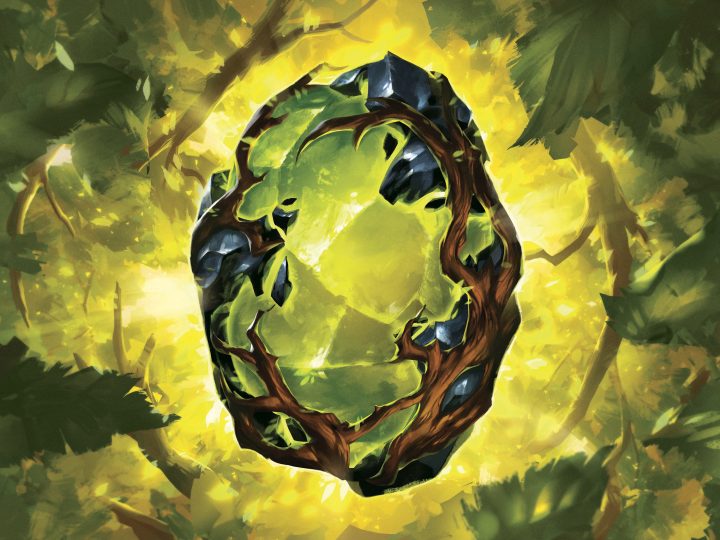John Wardan is the mastermind behind Fluke and Box, known for exciting box openings, special giveaways, and very insightful interviews with certain TCG creators. An enthusiastic collector and provider of reasonably priced Flesh and Blood singles for players around the world, John is here for Collectors Week 2024 to provide sage advice to those interested in starting their own collection.
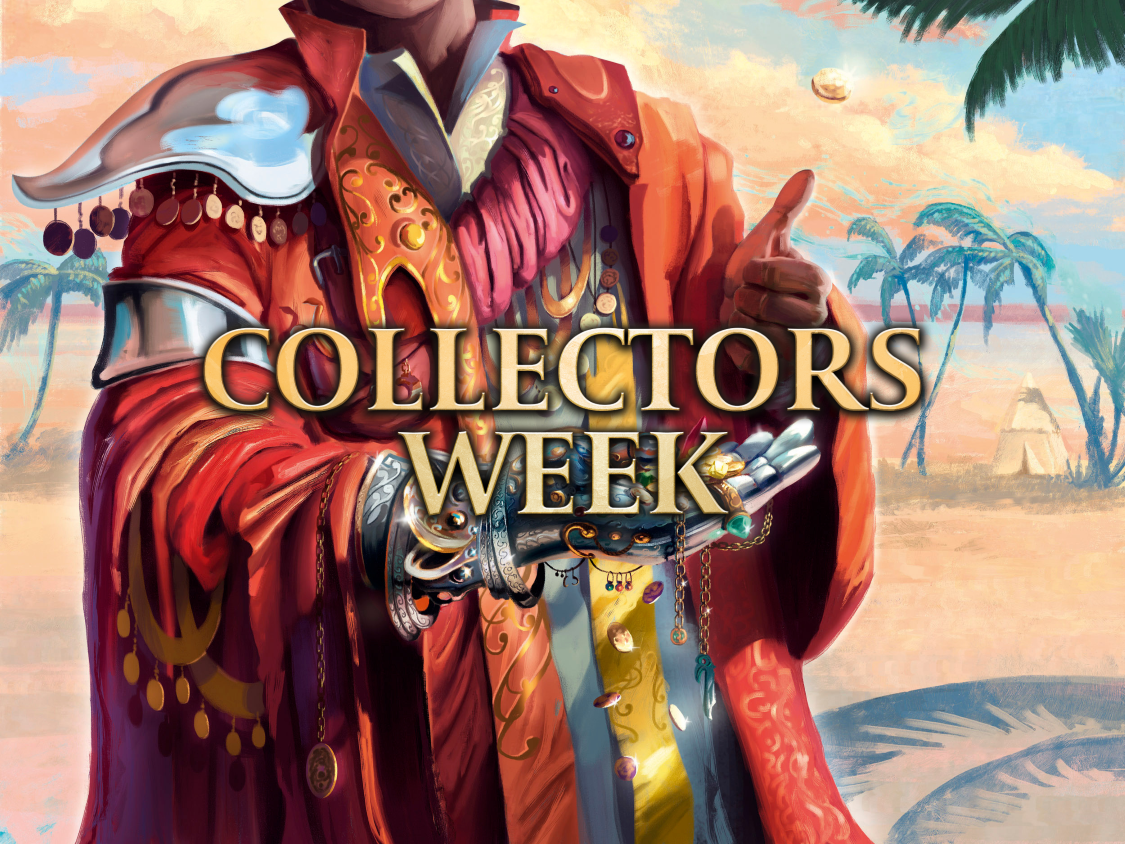
Collecting is supremely subjective. You won’t find two Flesh and Blood collectors that approach the hobby the same way, because between Collecting for Pleasure, Collecting for Profit, and Collecting for Play, everyone lands somewhere different on the spectrum.
If you’re new or accustomed to collecting, the best way to start with Flesh and Blood is to:

1. Open Boxes
Aside from being the best way to support the publisher of a TCG, opening boxes can lead to the most memorable collecting moments. Most card game collectors can vividly describe where they were, who they were with, and what they opened when asked about their most memorable collector moment. Staying within your means is key, but the best feeling way to start a collection is to experience opening sealed packs or boxes. If you play Armory Events, see if you can save all your packs for a year and open them all at once.
Speaking of Armory Events, the second best way to collect Flesh and Blood is to:
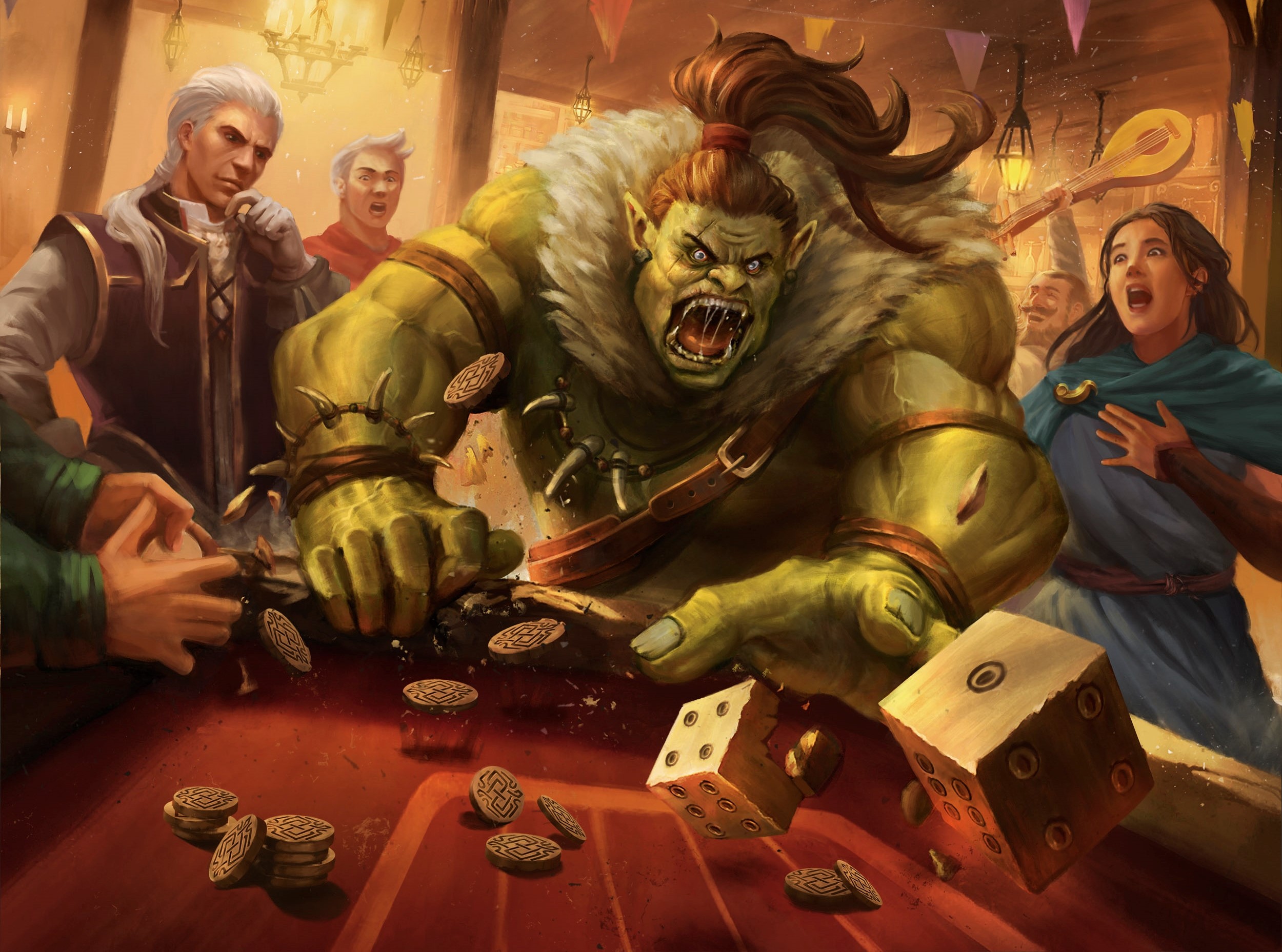
2. Play the Game
Play in sanctioned organised play events and your collection will grow. From free packs at your locals to win-a-box events, all the way to highly coveted (and extremely valuable) Gold Foils, there are many coveted cards that can only be acquired by playing the game, not from booster boxes. Knowing how to play Flesh and Blood also goes a long way helping you navigate the secondary market, if you lean towards Collecting for Profit.
Playing also connects you to the community, which is vital if you’re looking to secure cards for your collection. The liquidity of Flesh and Blood’s secondary market is heavily driven by the game’s meta, less so by rarity and collectibility. Meta-adjacent Majestics can often outvalue Legendaries, even though Majestics outnumber Legendaries 8 to 1.
If you manage to open a Legendary in a booster box, or win your local Armory and get a Cold Foil reward, you really need to know how to:

3. Protect your Cards
The best way to protect your cards would be to follow what the grading companies would advise, and that is to use Penny Sleeves and Semi Rigids. Penny Sleeves cover your card completely but remain loose enough to prevent any tension on the card’s surface, unlike Perfect Fits or Inner Sleeves, which can actually bend your cards or increase the chances of damage, as cards are harder to remove once placed in something so tight-fitting.
This is where best practice is different between Collecting for Profit and Collecting for Play. As a player you cannot generally use Penny Sleeves for cards that belong in your deck. So this tip can be simplified: If you intend to PLAY with your card, use a Perfect Fit or Inner Sleeve. If you do not intend to play with it, use a Penny Sleeve.
Some of the most valuable cards in Flesh and Blood are referred to as:

4. Starts in Play, Stays in Play
Flesh and Blood is a uniquely hero-centric game, with your hero, equipment, and weapons accessible immediately. While there are certain playstyles that allow “ramping” (getting stronger the longer the game goes on), you are usually at your strongest in Flesh and Blood at the very start of the game, and will gradually grow weaker towards the end of the game. As a collector, these hero, equipment, and weapon cards are quite special, because playing with highly valuable SIPSIP cards in Flesh and Blood doesn’t carry the risk of damage from shuffling (by you or your opponent).
Collecting SIPSIPs gives you a great opportunity to:

5. Grade your Cards
Grading a card refers to the process of authenticating and evaluating its condition and assigning it a score based on a standardised scale. While this process isn't for everyone, it has become much more accessible and streamlined in the past 5 or so years. One way of explaining grading would be – if there are 1000 copies of a card in circulation, and 100 of them are graded, and out of those 100, only 1 is a perfect score, that card will be seen by some collectors as a 1 of 1 instead of a 1 of 1000, and you can see a value increase anywhere from 35% – 1000%.
The other major benefit of grading is encapsulation. Taking a fairly fragile but valuable piece of cardboard and putting a thick layer of acrylic around it makes it safer to play with, and also reduces any damage it may face if you decide to ship it to a new owner. Premier Card Grading is an official partner of Legend Story Studios and even offers a smaller player-centric grading service that has all the benefits above but in a small form factor that fits in most deck boxes.
You will notice the word “value” used often. In order to determine the value of cards in your collection, or find new cards to add to it, you'll need to know where to:
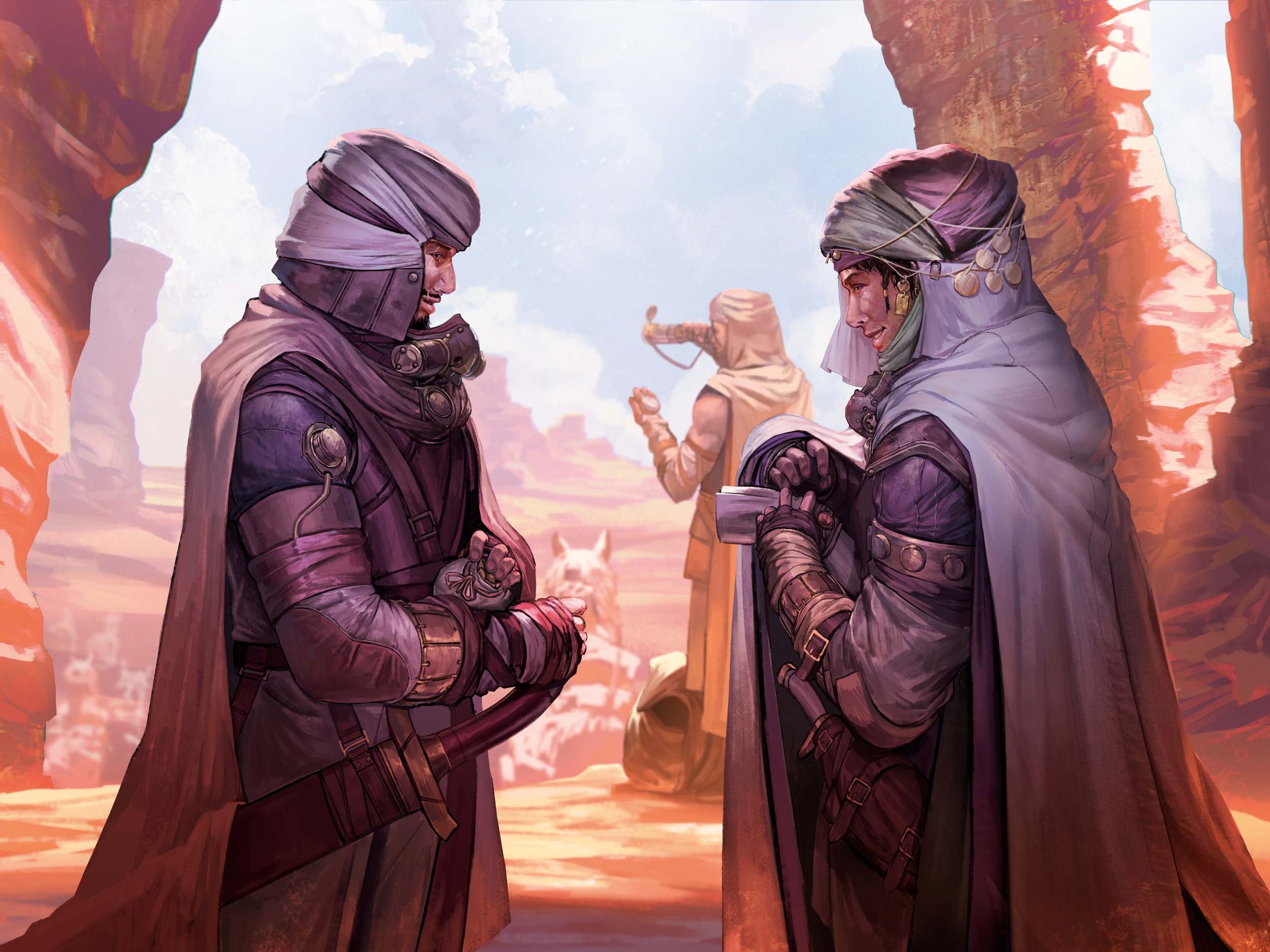
6. Buy and Sell
The Flesh and Blood secondary market primarily lives in Facebook and Discord groups, while websites like TCGplayer, Cardmarket, and eBay are also freely available. Most of your local community members can quickly point you to a dozen relevant groups. Make sure you read the rules of each group before posting to buy or sell. If you are completely new to the scene, there may be some initial friction when trying to buy or sell from other players, so ensure you are polite, know what you want, and always use safe methods of payment (PayPal Goods and Services is one example).
Ultimately, the safest way to transact in Flesh and Blood is to:

7. Travel
Flesh and Blood hosts many large events globally (mainly in the United States, Europe, and APAC). Callings and Pro Tours will usually attract many vendors that have libraries of cards, but some smaller regional events will also be hosted by stores with inventory. These events are a great place to browse cards, sell or trade your own, and form relationships in the broader community. If you are new, face to face meetings are by far the best way to conduct any sales or trades, as this eliminates the inherent risks of transacting online. Just ensure you are familiar with the rules for any particular event by visiting the tournament organiser's website, or asking prior.
You may be interested in rushing to an event to acquire your first (or next) piece for your collection, but before you pack your bags, make sure you:
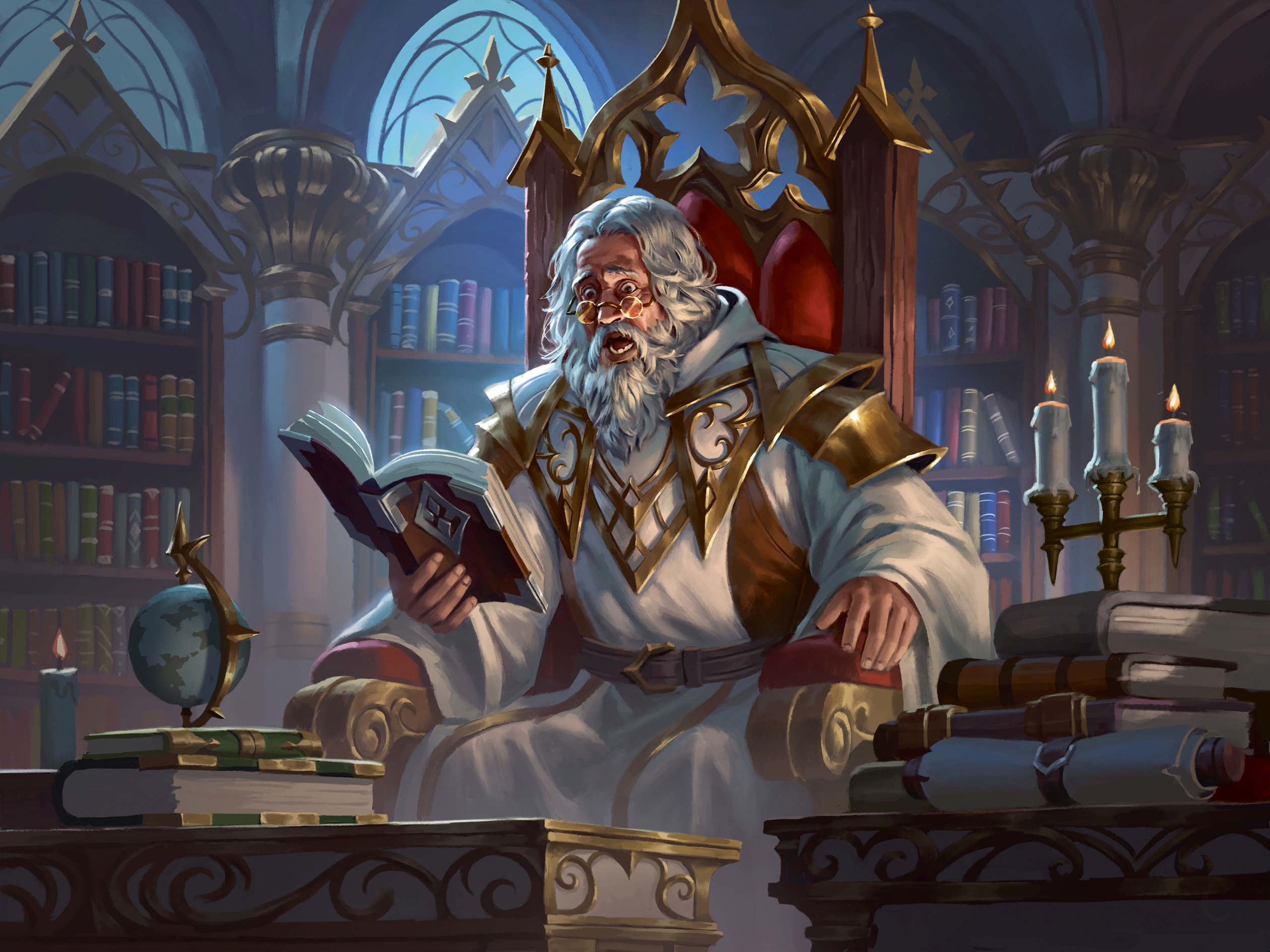
8. Know Stuff
You will never know everything. But you can certainly learn a lot before delving into the secondary market. The official Collector's Centre is a wealth of knowledge that even the most active traders occasionally neglect. You can find information on print numbers, releases, lists of promo cards, and even some obscure facts that you may not know. For example, did you know that all Arcane Rising First Edition rainbow foil Mechanologist attack action cards with boost don't have italicised reminder text?
This tidbit is the reason why those particular foils are always more valuable compared to the average Arcane Rising First Edition rainbow foil. But even the Collector's Centre cannot teach you everything you need to know. If you wanted to collect every Flesh and Blood hero card, do you know where you can source a Beatrice, Eager Adventurer hero card from? How about a test print Heart of Fyendal? Shredded Gold Foil Fyendal's Spring Tunics? Perhaps a 1 of 1 playmat? You’ll have to ask a bunch of people questions to find some of the rarer treasures.
There’s a lot of ground to cover, and an impossibly long list of things to collect, so before you buy anything:

9. Plan Ahead
We all have limitations. The obvious is financial, but is collecting a case of every release the right thing to attempt if you live in a one bedroom apartment? As for financial planning, your money and time are your own. But take this from someone who is sometimes compulsive – having a monthly budget or a budget for every new standalone booster set (currently three per year) is a great way to keep the hobby enjoyable and sustainable. Collecting is a hobby, so even though it can sometimes result in some pretty large windfalls, never spend money you can’t afford to lose.
Lastly, remember to:
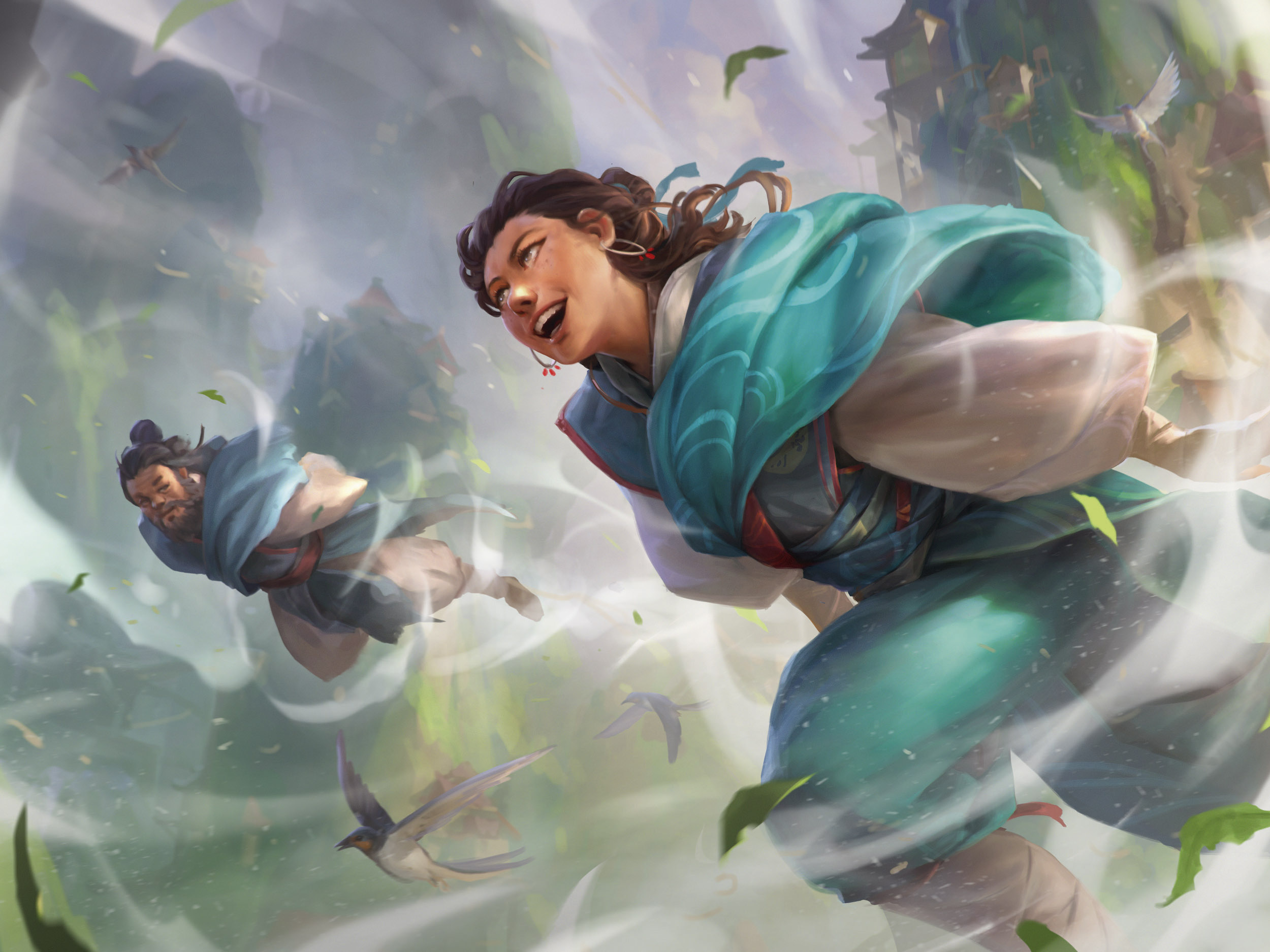
10. Have Fun
Self-explanatory.
